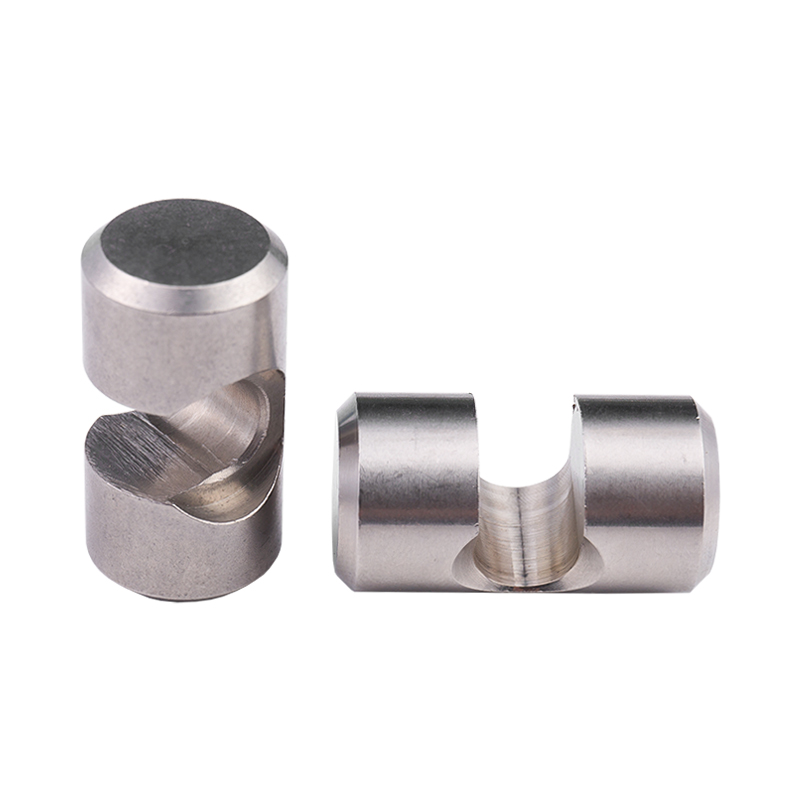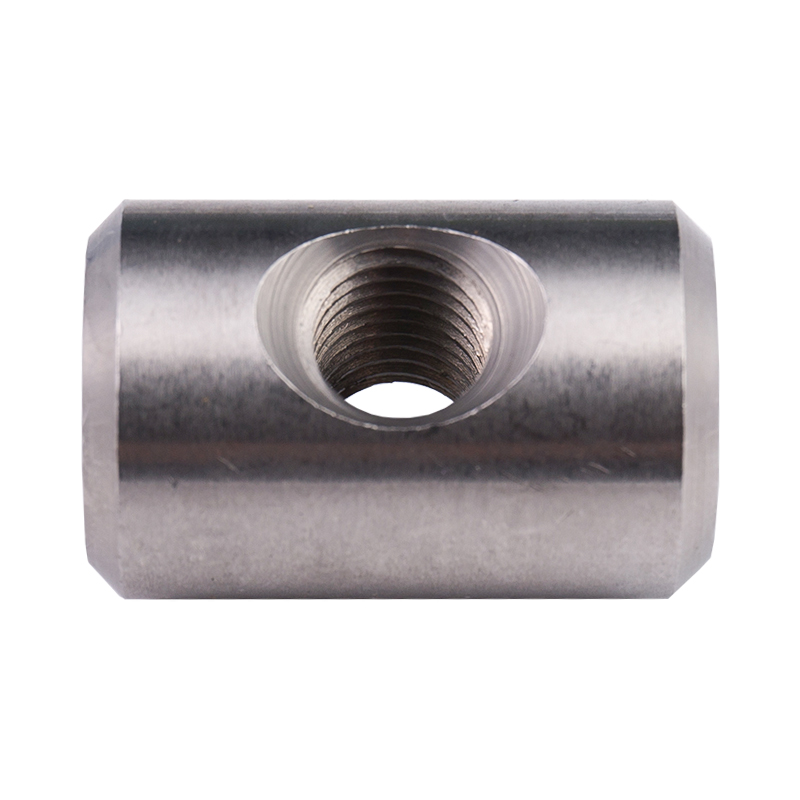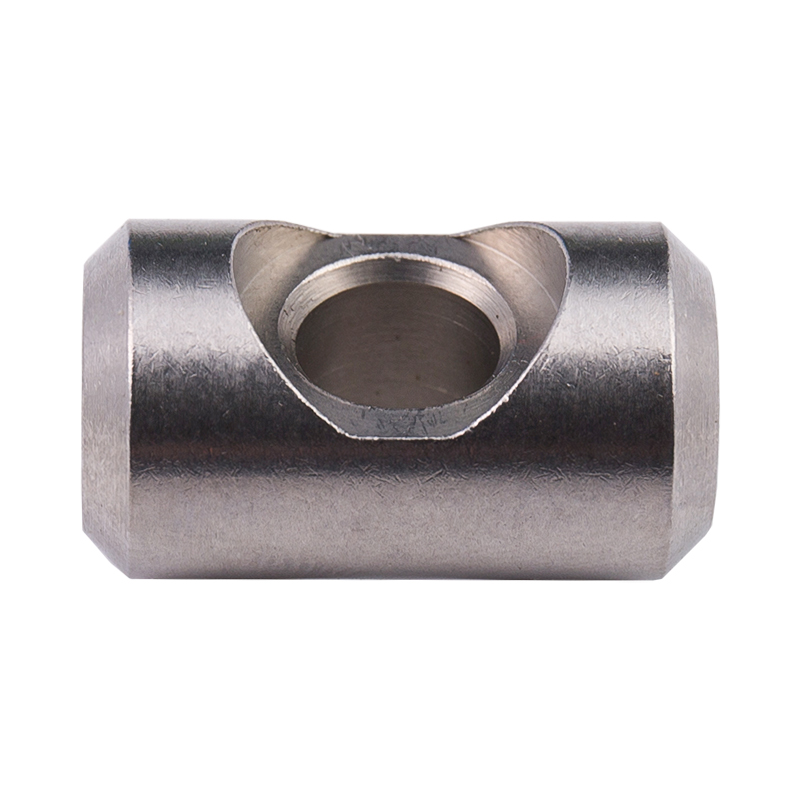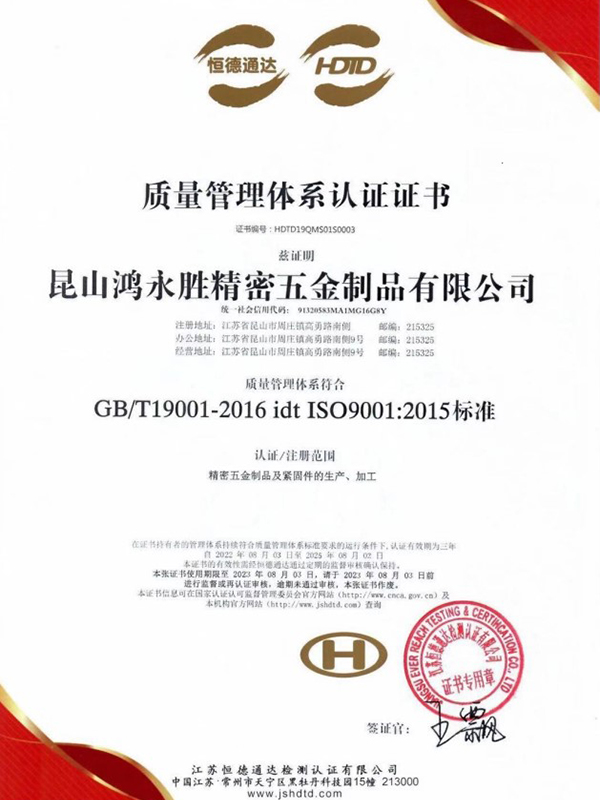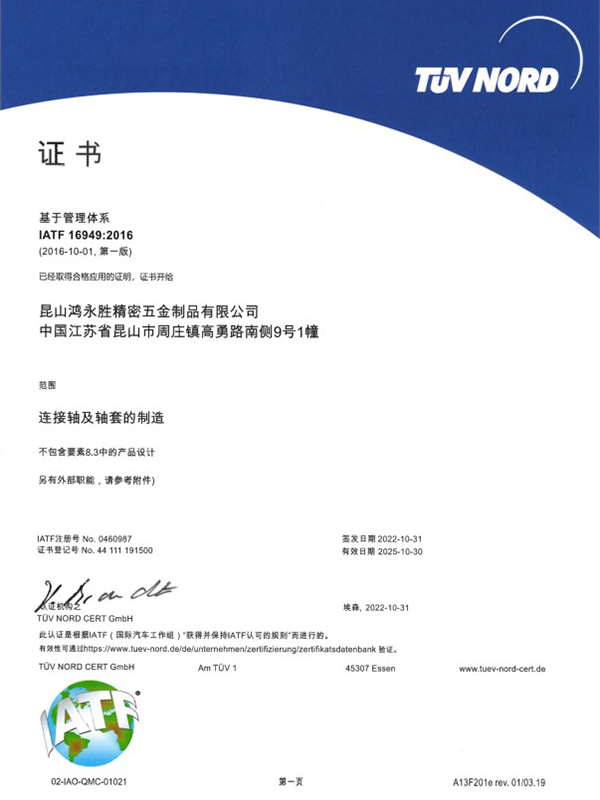Definition and Basic Concept of Hexagonal Rivet Nuts Hexagonal rivet nuts are internally threaded fasteners designed to create strong, load-bearing threads in thin or hollow materials where convention...
READ MOREThe company has obtained two quality system management certificates of ISO9001:2015 and IATF16949:2016.
At present, the company has been for Japan, Sweden, the United States, Singapore, Malaysia, Hong Kong and the Pearl River Delta and many other customers to provide services, now the main customers are: Japan Sharp (SHARP), Japan SMC, Japan Panasonic (Panasonic), the Swedish automobile VOVOL, etc., all the fixed assets investment of more than 30 million dollars, welcome friends from all walks of life to the factory to visit, study, consulting and come! We welcome friends from all walks of life to visit our factory, investigate, consult and come to us for sample processing.
We are looking forward to establishing a good business partnership with you with mutual trust and reciprocity!
-
-
Understanding Sealing Requirements in Hydraulic and Pneumatic Systems Hydraulic and pneumatic connections operate under internal pressure, media flow, and frequent pressure fluctuations. In these syst...
READ MORE -
Introduction to Screw Hardware Screw hardware is a fundamental component in construction, manufacturing, and DIY projects. It plays a critical role in joining materials securely, providing structural ...
READ MORE -
Introduction to Round Head Cross Bolts Round head cross bolts are a type of fastener widely used in construction, machinery, and industrial applications. They feature a rounded head with a cross slot ...
READ MORE
How does the stainless steel movable core impact the overall performance of the automotive component it is part of?
The automotive stainless steel movable core can significantly impact the overall performance of the automotive component it is part of in several ways:
Strength and Structural Integrity:The high tensile strength of stainless steel ensures that the movable core can withstand substantial mechanical stress without deforming. This maintains the structural integrity of the component, especially under high-load conditions.
Thermal Resistance:Stainless steel has excellent thermal resistance properties. This allows the movable core to function effectively in high-temperature environments, such as in engines or exhaust systems, without losing its mechanical properties.
Precision and Reliability:The manufacturing process of stainless steel movable cores can achieve high precision and tight tolerances. This ensures reliable performance and consistent operation of the automotive component, leading to better overall vehicle performance.
Reduced Friction and Wear:When combined with appropriate coatings or treatments, stainless steel can exhibit low friction characteristics. This reduces wear and tear on the movable core and interacting components, enhancing efficiency and longevity.
Corrosion Resistance:Automotive components are often exposed to harsh environmental conditions, including moisture, salt, and chemicals. Stainless steel’s corrosion resistance protects the movable core from these elements, ensuring continued functionality and reliability.
Lightweight Design:Although stainless steel is not the lightest material, advancements in alloy composition and design can optimize the weight of the movable core. This contributes to the overall reduction in vehicle weight, improving fuel efficiency and performance.
Consistency in Performance:
Stainless steel’s stable properties over a wide range of temperatures and conditions mean the movable core performs consistently. This predictability is crucial for components that require precise movements and adjustments.
Impact on Connected Systems:A reliable stainless steel movable core can positively affect connected systems by providing smooth and efficient movement. For example, in fuel injection systems, a high-quality core ensures precise control of fuel flow, improving engine performance and fuel economy.
Noise and Vibration Reduction:Stainless steel’s mechanical properties can help in dampening vibrations and reducing noise, leading to a quieter and more comfortable ride.
The use of a stainless steel movable core enhances the durability, reliability, and overall efficiency of the automotive component it is part of. This, in turn, improves the performance, safety, and longevity of the vehicle.



 русский
русский Español
Español